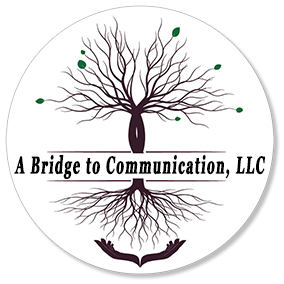Mediation
In mediation, a trained mediator acts as a neutral, un-biased intermediary who facilitates respectful, civil discussion between the disputing parties in a safe, confidential, and easy to access process, which can be tailored to fit the needs, constraints and budgets of the participants. The mediator does not decide the dispute but assists the parties to create their own personalized resolution, which they agree to in writing.
Mediation is much faster and more cost effective than litigation and arbitration. Participants may be represented by counsel or represent themselves.
Mediation can be facilitative or evaluative or a blend of these models. It can be in person, by phone or video conference. It can be with one mediator or two, in individual private sessions, together with all disputing parties, or a blend of these.
Because there is so much choice to make informed decisions throughout the process, mediation can be an empowering, creative and transformative process that builds trust, preserves relationships and de-escalates tense disputes. Mediation is a proven method to produce durable win-win results for the participants in a majority of cases.
Facilitation
In facilitation, a trained facilitator assists a group of people in an organizational setting, such as a workplace, non-profit association, school or church group, to achieve their specific goals and objectives in a respectful, civil, and safe process.
The facilitator will meet with the group one or more times and may also create break-out groups, depending on the group size and issues. During each session, the facilitator enables and supports the group process in a variety of ways, including through generating focused discussion, setting guidelines, assigning tasks, asking tailored questions, using active listening, encouraging more curiosity and creativity about disagreements, and team and skill building exercises.
Through the process, the group learns skills to enhance understanding, trust, and resiliency. Group dynamics are strengthened, relationships are coalesced and fruitful outcomes are achieved.
Arbitration
Arbitration is an out-of-court procedure in which a dispute is submitted, by agreement of the participants, to an agreed-upon or appointed, impartial arbitrator who makes a binding decision on the dispute.
The process is often faster and more cost effective than litigation, but slower and more expensive than mediation. The participants may be represented by counsel or represent themselves.
The agreement to arbitrate will usually establish the rules of arbitration, which is subject to the Uniform Arbitration Act, Hawaii Revised Statutes, Chapter §658A.



